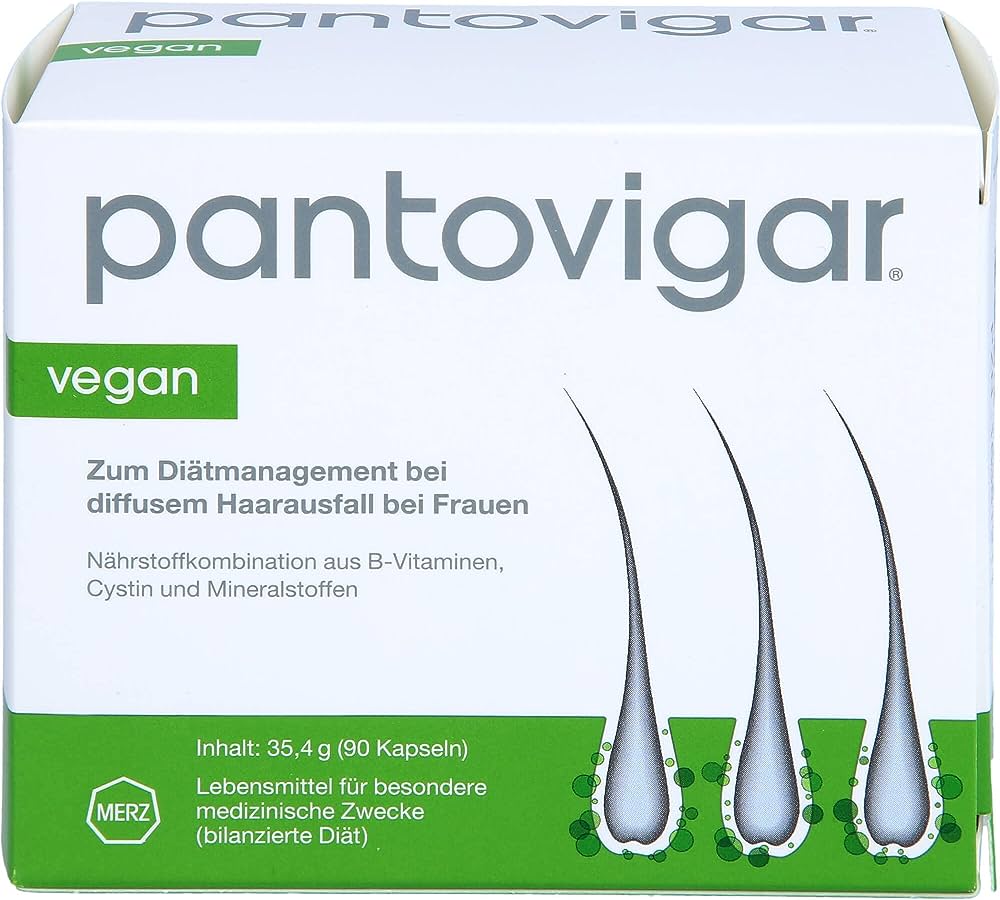Understanding Malnutrition in Cancer Patients
Malnutrition is a significant concern for cancer patients, as they are at a very high risk of developing this condition. It is crucial to understand that malnutrition can severely impact a patient’s quality of life, their ability to tolerate anticancer treatments, and ultimately, their clinical outcomes and overall survival. Despite its importance, awareness and acceptance of malnutrition as a critical issue within the oncology community remain limited.
In fact, cancer patients are at very high risk of developing malnutrition. But this is not very well known or accepted within the oncology community.
Challenges Faced by Cancer Patients
Cancer patients encounter several significant challenges that impact their nutritional status and overall health. These challenges can be broadly categorized into three major areas:
Anorexia and Reduced Food Intake: Many cancer patients experience anorexia, leading to insufficient food consumption. This lack of appetite can severely affect their nutritional intake, making it difficult to maintain a healthy weight and receive essential nutrients.
Fatigue and Reduced Physical Activity: Fatigue is a common issue among cancer patients, resulting in decreased physical activity. This lack of movement can further exacerbate health problems and contribute to muscle loss.
Metabolic Derangements and Catabolism: Cancer patients often suffer from metabolic derangements that lead to catabolism, the breakdown of body proteins and muscles. This process can weaken the body and hinder recovery.
“Because in cancer patients, there are three different major problems.”
Standard Operating Procedures for Nutritional Care
We think it is very important to have standard operating procedures.
Standard Operating Procedures (SOPs) are crucial in ensuring consistent and effective nutritional care for cancer patients across institutions. Based on our experience, it is essential to establish SOPs and clearly defined responsibilities within every cancer institution in Europe. These procedures should include systematic screening for changes in body weight and Body Mass Index (BMI) to identify nutritional risks early.
Step 1: Establish SOPs and Responsibilities
- Define clear roles and responsibilities for healthcare professionals involved in nutritional care.
- Ensure that all staff are trained and aware of the SOPs.
Step 2: Implement Screening Procedures
- Conduct regular screenings for changes in body weight and BMI for all cancer patients, whether they are inpatients or outpatients.
- Utilize a standardized screening process to ensure consistency and accuracy.
Step 3: Update and Disseminate Guidelines
- Regularly update guidelines to reflect the latest evidence and research.
- Present these guidelines to the oncology society and the broader community to ensure widespread adoption and understanding.
These guidelines are an update of an earlier version, aimed at incorporating the latest evidence into a comprehensive and high-quality manuscript for the oncology community. By adhering to these SOPs, institutions can improve the nutritional care provided to cancer patients, ultimately enhancing patient outcomes.
Implementing Nutritional Guidelines
Implementing nutritional guidelines is a crucial step in ensuring the well-being of cancer patients. The process begins with recognizing the importance of addressing malnutrition, which is both frequent and significant in affecting patient outcomes.
You need to screen for malnutrition in all patients.
Steps to Implement Nutritional Guidelines
Screen for Malnutrition: Conduct thorough screenings for malnutrition in all patients. This is essential to identify those at risk and to tailor interventions accordingly.
Develop a Multi-Dimensional Treatment Program: Create a treatment plan that is multi-dimensional and individualized. This program should address the specific nutritional deficits of each patient.
Standardize the Approach: Ensure that the implementation of these guidelines is done in a standardized manner. This helps in maintaining consistency and effectiveness across different cases.
By following these steps, healthcare providers can better manage the nutritional needs of cancer patients, ultimately improving their overall health outcomes.
Nutritional Interventions and Parenteral Nutrition
In addressing the nutritional needs of cancer patients, a standardized stepwise procedure is recommended. This approach begins with counseling patients and enhancing their diet by enriching food and offering nutritional supplements.
However, when these measures are insufficient, particularly in cases where chemotherapy or cancer itself causes gastrointestinal tract deficits, it becomes evident that oral intake alone cannot meet the energy and nutrient requirements.
We suggest a standardized stepwise procedure.
In such scenarios, supplemental and, if necessary, complete parenteral nutrition becomes essential to ensure adequate nutritional support.
Resource Allocation and Quality Indicators
In the medical community, resource allocation is a critical aspect, particularly when it comes to nutritional care. Effective nutritional care requires not only financial resources but also dedicated personnel and time. This often involves redirecting resources within the medical system to ensure optimal care.
“Doing good nutritional care requires, persons doing this and requires, time.”
A key step in improving nutritional care is the implementation of quality indicators. These indicators help assess how well an institution is managing malnutrition among its patients. By evaluating these indicators, healthcare providers can identify deficiencies within their institutions and take necessary actions to address them. This awareness and subsequent follow-up are essential for enhancing the quality of care provided to patients.
Comprehensive Screening and Assessment
In the realm of cancer care, ensuring that no patient is overlooked in terms of nutritional needs is paramount. The importance of conducting nutrition screenings for every cancer patient cannot be overstated. This practice is essential for both outpatients and inpatients at any European institution involved in clinical cancer care.
We recommend to do a nutrition screening for every cancer patient.
By implementing comprehensive screening processes, healthcare providers can identify patients who may be at risk of malnutrition. This proactive approach allows for timely interventions, ultimately improving patient outcomes.
Furthermore, a detailed assessment of nutritional, metabolic, and physical activity status is crucial. Such assessments provide a deeper understanding of a patient’s overall health and nutritional requirements, enabling personalized care plans that address specific needs.
The recommendations for European institutions emphasize the necessity of these screenings and assessments, ensuring that all cancer patients receive the nutritional support they require.
Guideline Development and Methodological Improvements
The European Society of Clinical Nutrition and Metabolism has been engaged in a guideline program for over a decade. The last update to these guidelines was more than five years ago, highlighting the need for a revision. A key focus of this update is to enhance the methodological quality of the guidelines.
The European Society of Clinical Nutrition and Metabolism is doing a guideline program.
Over the years, there have been significant advancements in the quality of guideline development. The aim is to achieve a high level of sophistication in the methodological approach, ensuring that the guidelines are based on the best available evidence. This involves a thorough review of international literature to draw recommendations that can be applied across various institutions.
Defining Malnutrition and Related Conditions
Understanding malnutrition in cancer patients involves recognizing various conditions and factors that contribute to it. Global initiatives are underway to define malnutrition more clearly, focusing on terms like cachexia, undernutrition, and sarcopenia. These terms may not be familiar to all oncologists, but they are crucial in understanding the nutritional challenges faced by cancer patients.
There is cachexia, there is undernutrition, there is sarcopenia.
The primary concerns include inadequate intake of energy and nutrients, insufficient physical activity, and metabolic derangements. These issues are often accompanied by systemic inflammation and insulin resistance, which promote catabolism and need to be addressed to improve patient outcomes.
Recommendations for Nutritional Support
In addressing the nutritional needs of cancer patients, it is crucial to consider not only dietary intake but also the metabolic environment within the body. This involves understanding whether catabolic or anabolic processes are occurring, as these can significantly impact muscle mass and protein synthesis. Physical activity, in conjunction with food intake, plays a vital role in determining these metabolic outcomes.
Supply every cancer patient with the required amount of energy and nutrients.
To ensure optimal nutritional support, it is recommended that every cancer patient receives the necessary energy and nutrients. When oral or enteral routes are insufficient, parenteral supplementation should be considered as a viable alternative and not be overlooked.
Screening for malnutrition is essential. If malnutrition is detected, a thorough assessment should follow to identify and address treatable issues. Certain cancer types, such as upper gastrointestinal, head and neck, and pancreatic cancers, are more prone to malnutrition, making nutritional intervention even more critical.










1 Comment
Very useful article Thanks